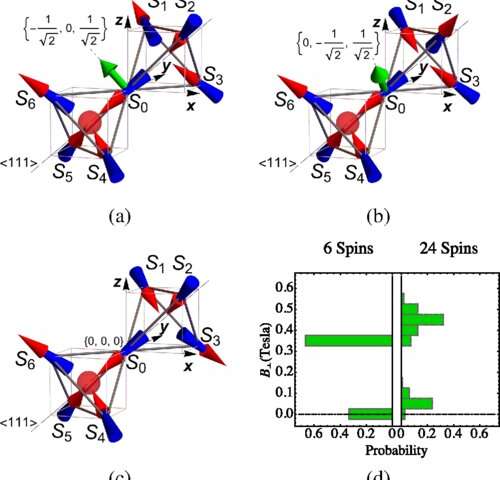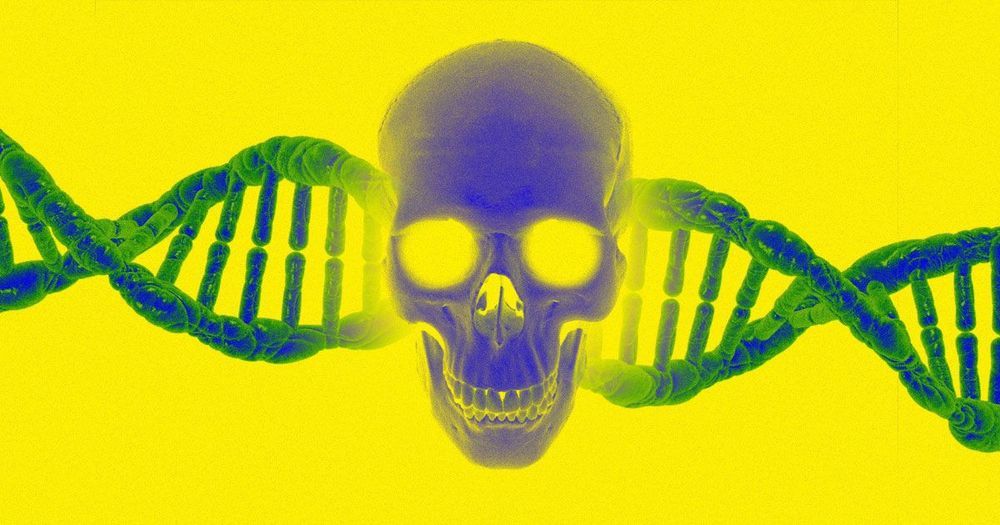You’ll never have to buy gas again witht his human-powered car.
Get the latest international news and world events from around the world.
The HumanCar — The Gadget Show #FuelFriday
Polly takes a trip to Oregon USA to meet up with Charles Greenwood and take a spin in his human powered car.
For more fantastic gadget reviews, future tech previews and all your favourite The Gadget Show moments, subscribe to our Official Channel: http://bit.ly/1PVGkoy

Breakthrough in understanding of magnetic monopoles could signal new technologies
A breakthrough in understanding how the quasi-particles known as magnetic monopoles behave could lead to the development of new technologies to replace electric charges.
Researchers at the University of Kent applied a combination of quantum and classic physics to investigate how magnetic atoms interact with each other to form composite objects known as ‘magnetic monopoles’.
Basing the study on materials known as Spin Ices, the team showed how the ‘hop’ of a monopole from one site in the crystal lattice of Spin Ice to the next can be achieved by flipping the direction of a single magnetic atom.
XCOM 2 — E3 2015 Gameplay
Check out new gameplay for XCOM 2 featured at E3 2015.
Visit all of our channels:
Features & Reviews — https://www.youtube.com/GameSpot
Gameplay & Guides — https://www.youtube.com/GameSpotGameplay
Trailers — https://www.youtube.com/GameSpotTrailers
Mobile Gaming — https://www.youtube.com/GameSpotMobile
Like — http://www.facebook.com/GameSpot
Follow — http://www.twitter.com/GameSpot
Stream Live — http://twitch.tv/GameSpot


Amazon’s facial recognition software can now spot fear
Amazon’s controversial facial recognition technology, called Rekognition, has a new skill. It can now spot fear. The company says it recently launched updates to Rekognition’s facial analysis features, including improved age estimation and the addition of fear to its emotion detection.
“We have improved accuracy for emotion detection (for all 7 emotions: ‘Happy,’ ‘Sad,’ ‘Angry,’ ‘Surprised,’ ‘Disgusted,’ ‘Calm’ and ‘Confused’) and added a new emotion: ‘Fear,’” according to an update from Amazon on Monday. “Lastly, we have improved age range estimation accuracy; you also get narrower age ranges across most age groups.”


Future Bioweapons Could Kill People With Specific DNA
In the future, we may have to deal with biological weapons that target specific groups of people, passing over everyone else.
That’s according to a new report out of Cambridge University’s Centre for the Study of Existential Risk reviewed by The Telegraph. In it, the Cambridge researchers argue that world governments have failed to prepare for futuristic weapons based on advanced technology like artificial intelligence and genetic manipulation — or even a killer pathogen designed to kill only people of a particular race.

Light can scatter from light, CERN physicists confirm
Physics World represents a key part of IOP Publishing’s mission to communicate world-class research and innovation to the widest possible audience. The website forms part of the Physics World portfolio, a collection of online, digital and print information services for the global scientific community.
